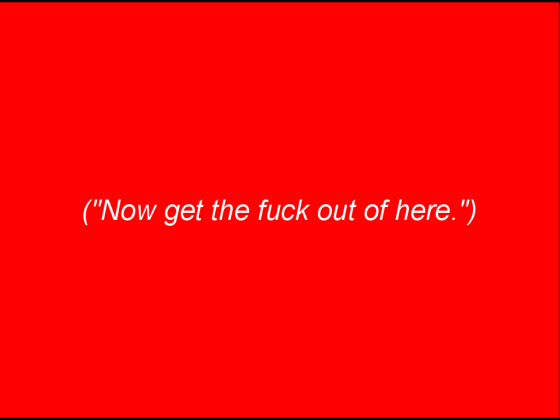(This post contains a bunch of personal stuff, post-rationalization and opinions – typical planning bollocks -, just so you know. If you make it through the text there’ll be some nice videos though.)
First, some background. I always liked Nokia. When I was a teen, as far as I remember Nokia was a synonym for modern times and a cosmopolitan view of the world. They were not exactly on the cutting edge of everything but compared to the likes of Ericsson, Siemens and others, they were symbols of a connected global world. I got my first phone when I was 14, a blue Motorola that somehow looked like an egg, and then a pretty flashy panasonic that my dad wouldn’t use anymore. But my first real mobile was a Nokia 6210. It was the phone I used to text my girlfriend back then – first love and all. I think it was able to store a bunch-load of texts, which was obviously a plus, considering all the important teen texts that were not to be deleted.
There was no doubt that my next phone would also be a Nokia, though I’m not even exactly sure which one it was, with all the number combinations they used. I only remember that it was one of the first ones with a color screen – that unfortunately also didn’t last very long. Then however, I became unfaithful and jumped on board with Motorola when the 3G version of the Motorola Razr came out. It was the smallest 3G phone available, the RAZR was the coolest shit around and I gave in (contrary to what most people think of themselves, advertising works fine with me). Over in Vancouver I picked the cheapest phone available, which coincidently also was a Motorola with the same crappy software.
Then back home in Vienna, after quite a bit of pondering and looking at what Nokia had done in the meantime, I decided against the N95 and for the iPhone. It was a hard decision (not real-life hard, but in the realm of products), not because I had anything against Apps or the product, but because already back then I hated the way that a bunch of idiots who had no idea of what Apple used to stand for, of technology or of the creative industries, were wearing their white headphones like a badge of honor, proudly showcasing their iBooks/Macbooks, bashing Windows and Linux and in general pray at the altar of Jobs. Don’t get me wrong, I always loved their OS and hardware but already then “The Great Product Claim” and the way that Apple’s smug “brand behavior” rubbed off to a lot of their now mainstream customers got on my nerves big time. The “I’m a Mac” campaign, while obviously catchy, made Apple look like a bunch of arrogant idiots.
I still bought it because back then, there was no comparable product experience in terms of touchscreen and applications. It just wasn’t there. But I do have the feeling that Apple, while building their ecosystem-empire and growing bigger and bigger, were constantly withdrawing from their “brand equity”, from the symbolic resources that shaped their public perception. Sure, that’s not going to bother them in the short term, because they can still sell this one device in all kinds of different sizes, but their success came – no matter how often Amir Kassaei repeats it – never only from the design and simplicity of “the perfect product” (that it isn’t and that doesn’t exist), but also from the symbolic resources it provided. Symbolic resources that went into the common knowledge about Apple because a bunch of nerds and hipsters from the creative industries were Apple, loved the OS, had the G4s, made their flyers on it and used it to DJ once they became to lazy to mix with vinyl. Think different and all.
Now, not so much anymore.
And so, while Nokia’s software was and is apparently crap for the last years and couldn’t remotely keep up with Android and Apple, and while they also neglected the symbolic parts for ages – I haven’t experienced anything that would make me feel a Nokia brand in Canada and also nothing in Austria for a while – they at least seem to have woken up. If Apple is moving away from their old heritage and Android is working on becoming the new mobile Windows, Nokia is in the strange position of being the challenger brand, while still being market leader.
This means that they simultaneously have to work on fixing their OS/App-store issues, but also work the edges of culture and their developers, the ones that Apple doesn’t give too much of a damn about anymore. And they have to continuously throw out millions of phones to defend their market share in the meantime. They have a chance to build what Apple built on one device and what Android is trying to do with all the different bloated brand versions of their OS, on a base of hundreds of millions of users of one brand who will trade up for smart-phones at some point. Think about it: if all the others are joining Android, and Palm and Microsoft more or less take themselves out of the game, why would you not be the third big guy in the market. (BB will always be business niche.)
Judging from what has come out of Nokia since the Nokia World, it seems like they at least get the symbolic part right and they’re working with different communities and developers to get their vision out there into reality.
Typical W+K brilliance, this is just lovely and puts different communities of do-ers and makers in the spotlight. DIY is a rich territory right now and you can break out every single project for different length features.
Sounds a heck of a lot like a hungry challenger brand. And that is a good sign.



